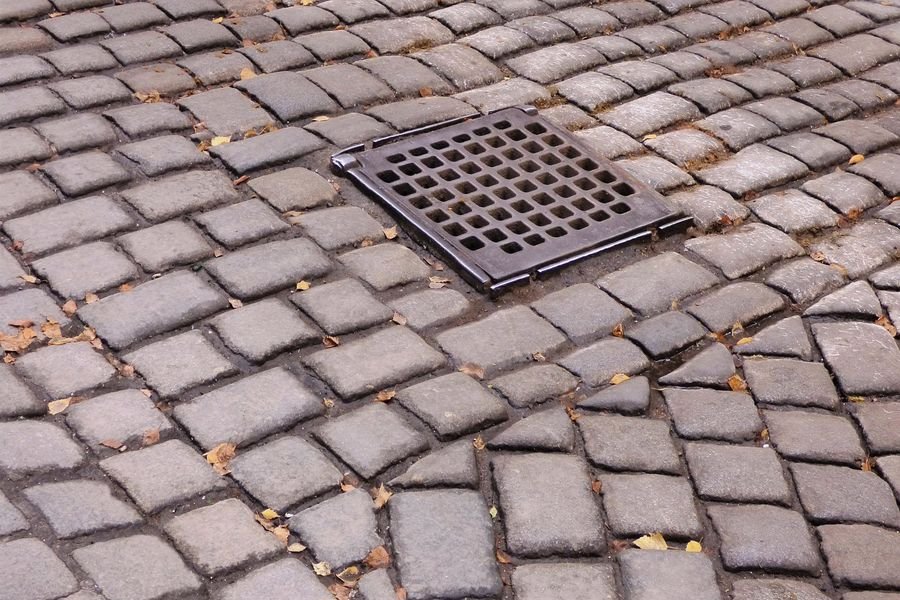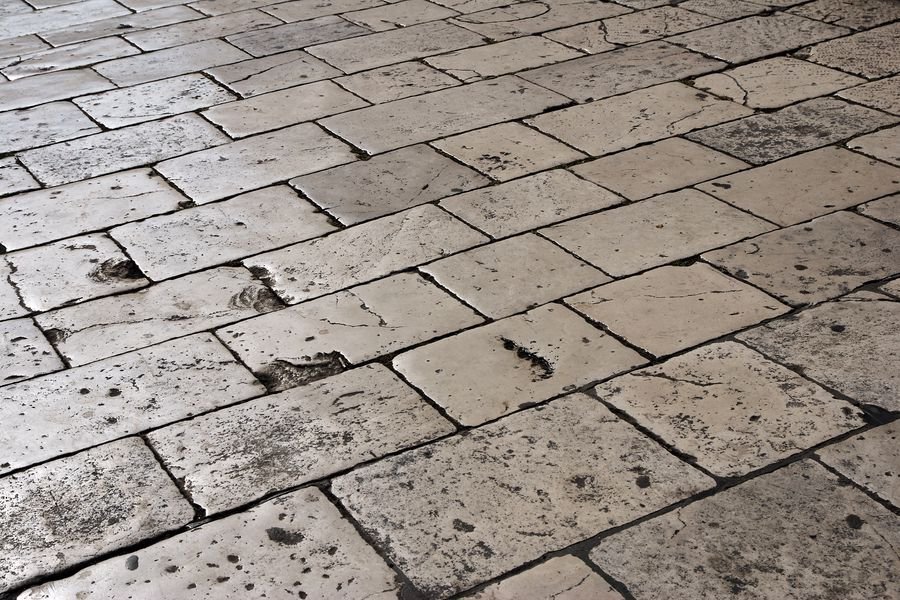Pavers vs Travertine
Pavers vs Travertine, how do these two popular outdoor flooring choices compare, and which one is right for you and your home? When choosing the right flooring, you need to consider many things, including climate, durability, and aesthetics. Therefore, it's important to do your research before making a decision.
Pavers vs Travertine General Overview
Homeowners are becoming increasingly interested in outdoor living spaces. In fact, the trend is now to extend the indoor living space by creating an outdoor oasis. This can be done in a number of ways. One of the most popular is to install pavers or travertine so that you can enjoy your backyard, patio, or pool area year-round.
Whether you want to install travertine or pavers will likely depend on many factors. For example, climate plays an important role. If you live in an area with a lot of freeze-thaw cycles, then travertine will be a good choice for you. This is because travertine is less likely to be damaged by these cycles. Pavers, on the other hand, are more durable and can withstand more wear and tear.
Conversely, if you live in a hot climate, then pavers may not be the best choice as they can become quite hot to walk on. Therefore, your choice will highly depend on your specific location and the climate conditions. Also, you will need to consider the amount of traffic that your outdoor living space will get. If you have a lot of foot traffic, then travertine or pavers will both work well.
Pavers
Pavers are made from concrete, brick, or stone and are typically four to eight inches thick and are created with chemical additives like efflorescence. They are available in a wide variety of colors, shapes, and sizes. Many homeowners choose pavers because they are very versatile and can be used in a number of different ways. For example, they can be used to create entry ways, patios, driveways, and pool decks.
Pavers range from interlocking to non-interlocking, and the type you choose will depend on your specific needs. Interlocking pavers are easier to install and are less likely to shift or settle over time. Non-interlocking pavers are better for areas that will have a lot of traffic, such as driveways.
Pros
They are easy to install since you can lay them in any pattern.
They don't require a lot of maintenance and are easy to clean.
They are very durable and will last for many years.
They are available in various colors, sizes, and shapes.
Cons
They are prone to shifting and settling over time.
They can become quite hot in direct sunlight, and are less cooler than travertine
Travertine
Similar to flagstones, travertine is a natural stone that is formed from sedimentary rock. It is typically cream or tan in color with a slightly rough surface. Travertine is available in various sizes and shapes, making it a popular choice for both indoor and outdoor applications.
Travertine is composed of calcium carbonate, which is the same material that is found in marble. However, travertine is less dense than marble, making it a more porous stone. It is also more likely to chip or scratch than marble. The porosity of this material makes it more susceptible to staining, so it is important to seal travertine before use.
Travertine is a popular choice for flooring, countertops, and backsplashes. It is also commonly used on outdoor surfaces such as patios and pool decks as it is slip-resistant and can withstand extreme temperatures.
Pros
It is a natural stone available in a wide variety of colors.
It is very durable and will last for many years.
It is slip-resistant and can withstand extreme temperatures.
It is easy to clean and requires little maintenance.
Cons
It is a porous stone that is susceptible to staining.
It is more likely to chip or scratch than other materials.
Comparison Between the Two Materials
Now that you know a little more about these materials, it's time to compare the two materials and see the similarities and the differences they offer.
Similarities
Both are made from natural materials.
Both are available in various colors, shapes, and sizes, making it easy to find the perfect option for your home.
Both are slip-resistant, making them an excellent choice for outdoor surfaces.
Both are durable and will last for many years; hence they are a great investment.
Both the materials will make your home look more appealing and increase its value.
Differences
Pavers are made from concrete, brick, or stone, while travertine is a natural stone that is deposited around hot springs or limestone caves.
Pavers are four to eight inches thick, while travertine is less dense, making it more porous.
Travertine is more likely to chip or scratch than pavers.
Pavers can be laid in any pattern, while travertine needs to be installed in a particular direction.
Pavers are easier to install compared to travertine; hence they are a better option if you want a DIY project.
Major Distinguishing Factor
The major distinguishing factor between the two is the material they are made of. Pavers are made from concrete, brick, or stone, while travertine is a natural stone that is deposited around hot springs or limestone caves.
When to Use Pavers
The best time to use pavers is when you want an easy installation. Pavers can be laid in any pattern and don't require a lot of maintenance. They are also very durable, can easily be restored, and can last for many years.
When to Use Travertine
The best time to use travertine is when you want a slip-resistant surface and also want to take advantage of its natural beauty. Travertine is also easy to clean and requires little maintenance making it a great choice for indoor and outdoor surfaces.
Which Material Is Better Between Pavers and Travertine?
The best material to use is pavers. This is because they come from concrete, brick, or stone, making them more durable than travertine. Pavers have a lifespan of 50-100 years. They are also less likely to chip or scratch compared to other materials.
Conclusion
The two materials are great when used for different purposes. Pavers are better for areas that require an easy installation, while travertine is better for areas that need a slip-resistant surface. You can ensure that no matter the type of material you choose, with our ICPI certification, you will only work with knowledgeable, professional, and experienced installers for your project.


